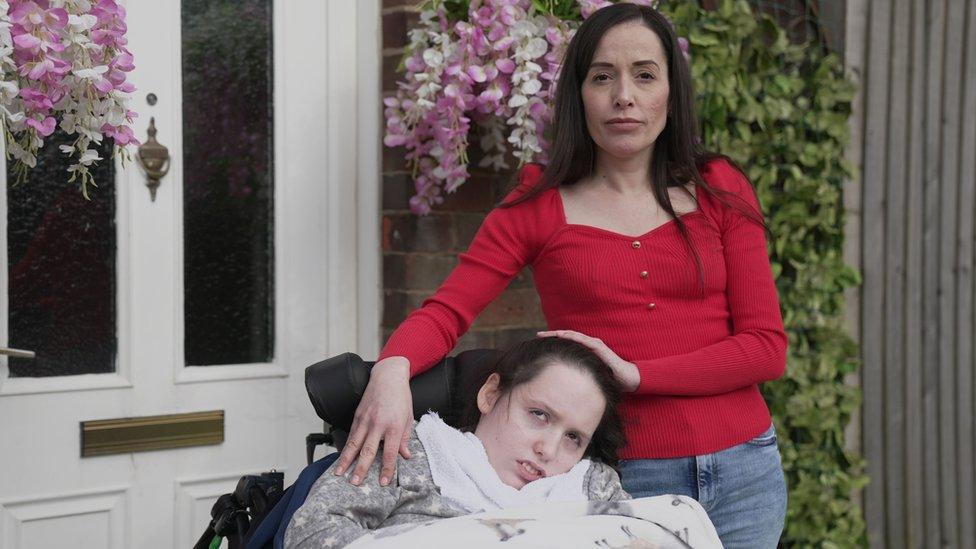Cost of living: 'I've been left without carers for five months'
- Published
Watch: Natalie says she has been relying on her husband since her carers stopped coming in April
High petrol prices this year have been driving carers from the profession, leaving the people who rely on them without vital support, an exclusive survey shared with the BBC suggests. Natalie Rowley lost access to care five months ago.

Natalie Rowley woke as usual on Wednesday 20 April and waited for the first of her three daily carers to arrive.
The 32-year-old has needed support since complications in her pregnancy almost four years ago left her with a joint disorder and other complex health issues, which mean she is in chronic pain and unable to walk.
The previous night's homecare visit had gone as planned. Natalie had been helped to bed and given medication. But after hours of waiting that morning, a text message appeared on her phone letting her know her care had ended.
"Sadly I don't have [other] clients in your area and staff are complaining about fuel costs. Good luck with everything in the future," the text from the manager of the homecare company read.
Fuel prices were high in April and then hit a record peak this summer. And while they have since come down slightly, Natalie has been left without a carer ever since.
In the following months, her husband, Jason, has cared for her, while also looking after their three-year-old son, and battling his own health condition.
"He helps me in and out of the shower, [with] moving from one room to another, he helps me put cream on my back, changing my pad, supporting me through seizures... he does everything basically," Natalie tells the BBC from a bed, set up in the living room of her home in Shropshire.
"It's really hard and sometimes I do feel like he's more of a carer than a husband."

LISTEN: You can hear more from Natalie on the BBC Access All podcast
Plus, businesswoman Caroline Casey, who topped the Disability Power List in 2021, reveals why she didn't realise she was blind until she booked a driving lesson for her 17th birthday.


Most of Natalie's days are now spent in bed. Without professional care, things like taking a shower or getting a hot water bottle to relieve her pain sometimes get forgotten, or delayed.
The situation has also put a strain on family life, and Natalie says she feels guilty asking loved ones for help. "If [my husband] goes out to do the shopping sometimes I have to phone him to say 'I'm having a seizure, can you come back now?'
"And he's literally left the trolley full of shopping in the middle of the supermarket and jumped in the car and come home," she says. "Going from the life that I had to my life now, it's so incredibly frustrating."
Natalie's former care agency, Silverbell, told the BBC it was "mortified" by her situation but said it had "no alternative but to downscale our operation".
It said funding from the local council was "no longer sufficient to cover the carers' petrol costs and travelling time" to reach more distant clients.
Homecare 'exodus'
The BBC has spoken to other people around the country who have also lost access to care. One woman said she had gone a week without "a proper wash" earlier this year, while another said she was left with no care at all during her husband's working hours.
With the cost of living crisis surging and food costs spiralling, a survey of 509 care providers - employing more than 69,300 care workers and supporting about 118,000 people in their own homes - has revealed how petrol price rises have affected them.
More than half said some staff had handed in notice or left because they could not afford to pay for petrol or diesel for their cars, while 59% said they had staff who intended to seek work elsewhere.
And more than three-quarters of the providers who responded to the survey said staff had requested a fuel allowance raise. "The fuel amount we now have to pay means we are literally working on the brink of closing the company," one provider said.
The Homecare Association, which represents providers across the UK and conducted the survey, says high fuel prices have led to an "exodus of homecare workers".
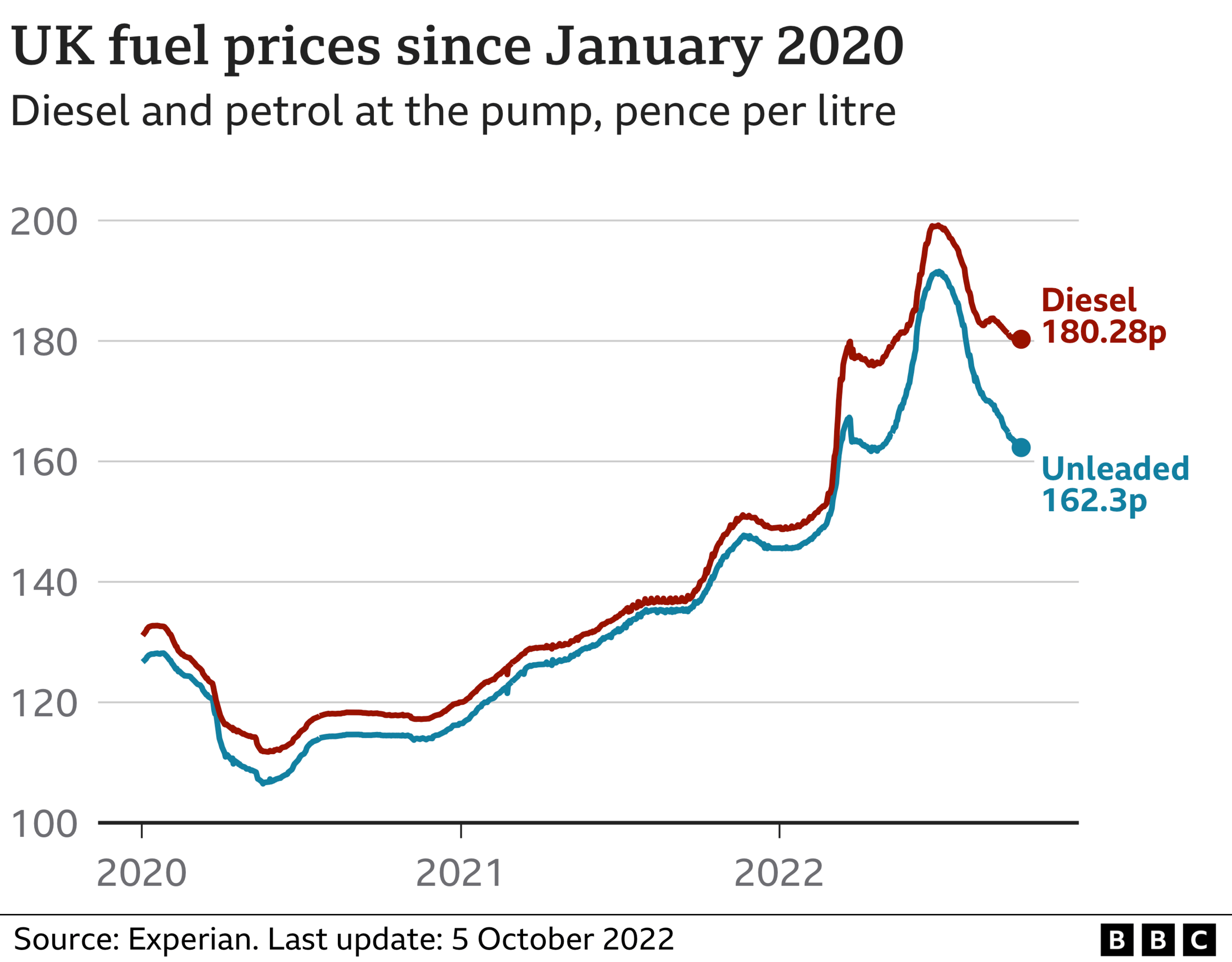
It said the responses raised "significant worry about the long-term sustainability of care businesses" in a sector already facing major staff shortages, and that it should be a "wake-up call to the government".
"High fuel costs are exacerbating an already difficult situation. Homecare workers cannot afford petrol or diesel for their cars, which they need to drive to the people they support, so they are leaving for jobs that do not require travel," CEO Jane Townson said.
'Another nail in the coffin'
Carers supporting people in their own homes often spend substantial periods of the day travelling between clients. Most companies offer fuel mileage reimbursement for work travel, but rates vary.
The majority of the providers who responded to the survey said they paid between 21p and 45p per mile. Some - 2% of those who responded - said they did not pay mileage rates at all. By comparison, NHS staff currently receive 56p per mile.
Louise, a carer from the Midlands, is among those considering changing careers because of petrol costs. She uses her own car and says she can visit up to 16 clients a day, with trips often taking between 15 and 30 minutes.
"I get 30p a mile. The 30p covers it if the journey is smooth but if I get stuck in traffic it doesn't and that's about 90% of the time," she explains.
Louise describes the struggle over fuel prices as "another nail in the coffin" in an already lowly-paid job and amid a cost of living crisis. "I love my job, I love the work I'm doing, I love going into people's houses but I just can't afford it," she says.
The Homecare Association has called on the government to introduce a temporary annual grant of £107m as an allowance to cover the increased fuel costs.
And Disability Rights UK said the "central and local government must act on the serious findings" of the survey and address the "catastrophic impact" of the cost of living crisis on disabled people. "Care workers should not have to pay for fuel costs or for driving to and from visits," it said.
A spokesperson said the government was "taking action to support people - including by cutting fuel duty - and [had] urged petrol retailers and others in the supply chain to pass on this historic cut on forecourts".
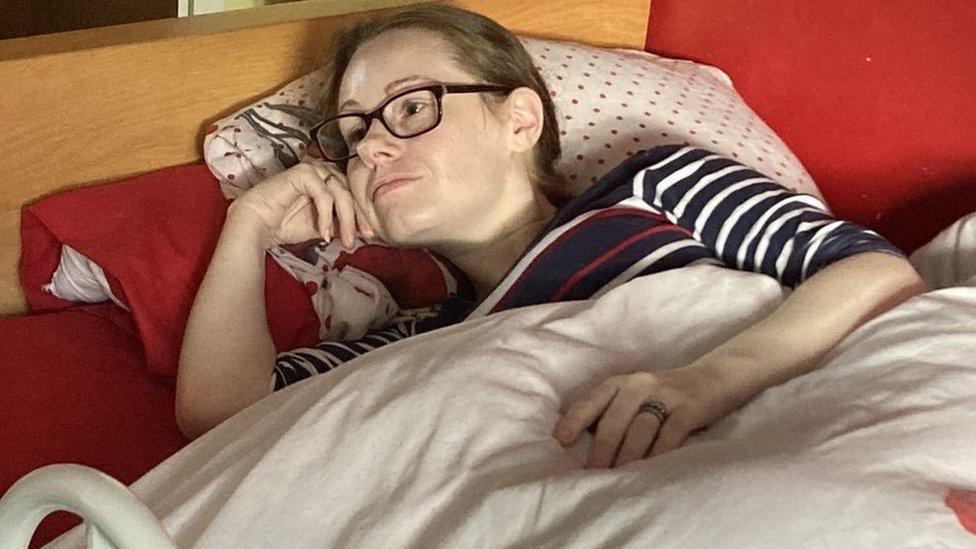
Natalie Rowley: "I have a family but there are a lot of people that don't have families and their carers are the only people they see that day"
Natalie says living without professional care for five months has been "tiring, stressful and upsetting". But her situation may finally soon be resolved.
Since BBC News visited, Natalie's case has been reassessed by the Shropshire council. A spokesperson said the council was "very concerned" about her situation and was "actively working" to restore her care.
Natalie said her "cheeks hurt from smiling" after being told that she may soon have her care restored, but says the situation needs to be resolved for others, too.
"I have a family but there are a lot of people that don't have families and their carers are the only people they see that day, and that's heartbreaking."

Have you been affected by the issues raised in this story? Share your experiences by emailing haveyoursay@bbc.co.uk, external.
Please include a contact number if you are willing to speak to a BBC journalist. You can also get in touch in the following ways:
WhatsApp: +44 7756 165803
Tweet: @BBC_HaveYourSay, external
Please read our terms & conditions and privacy policy
If you are reading this page and can't see the form you will need to visit the mobile version of the BBC website to submit your question or comment or you can email us at HaveYourSay@bbc.co.uk, external. Please include your name, age and location with any submission.
Related topics
- Published4 August 2022
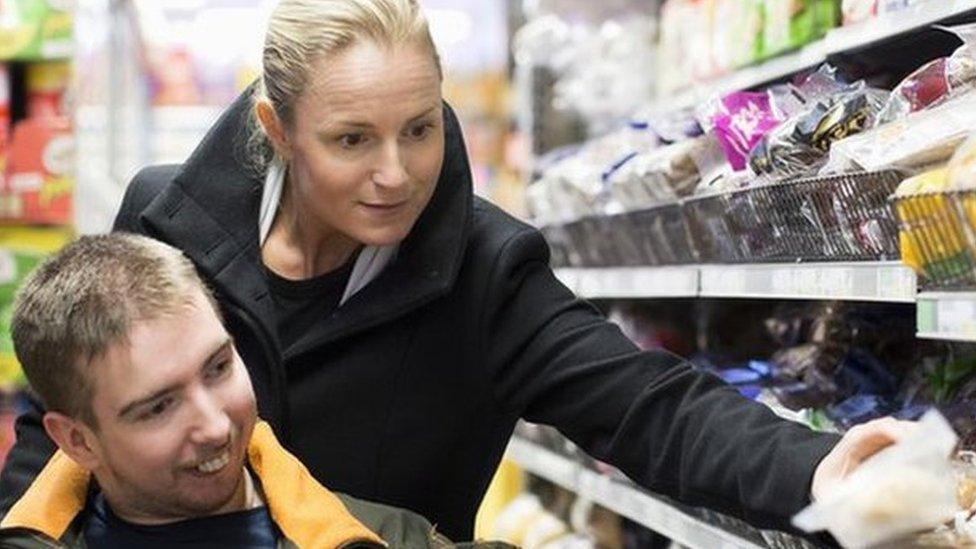
- Published14 August 2023
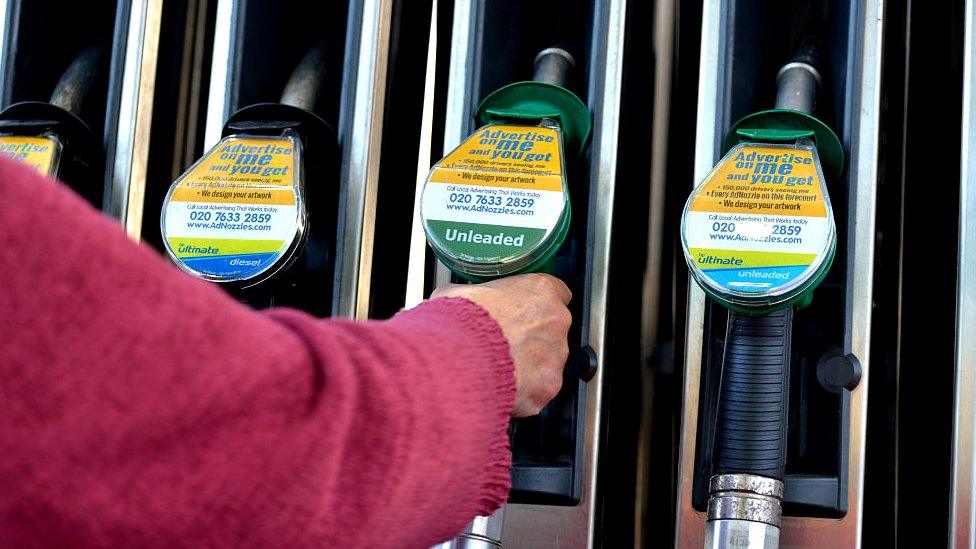
- Published22 March 2022
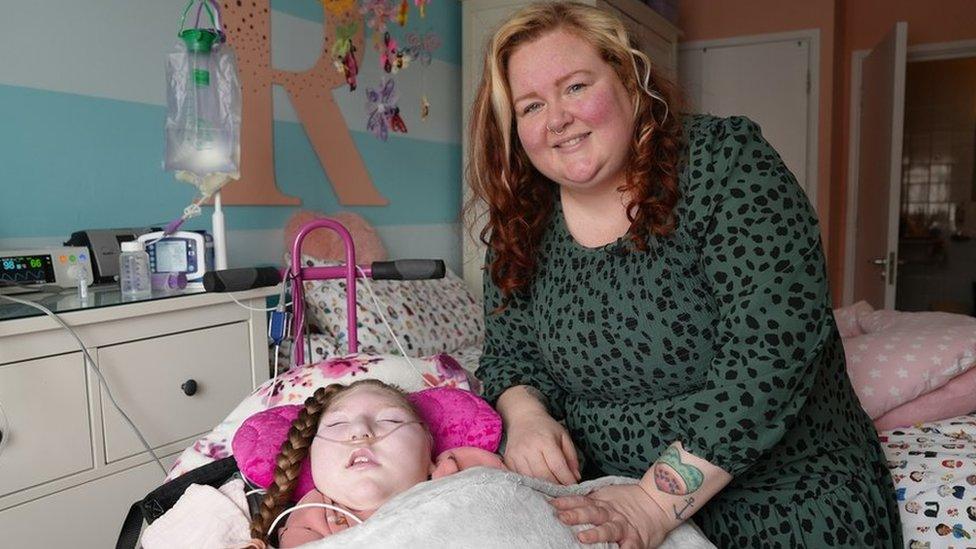
- Published29 April 2022
